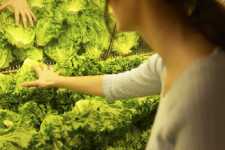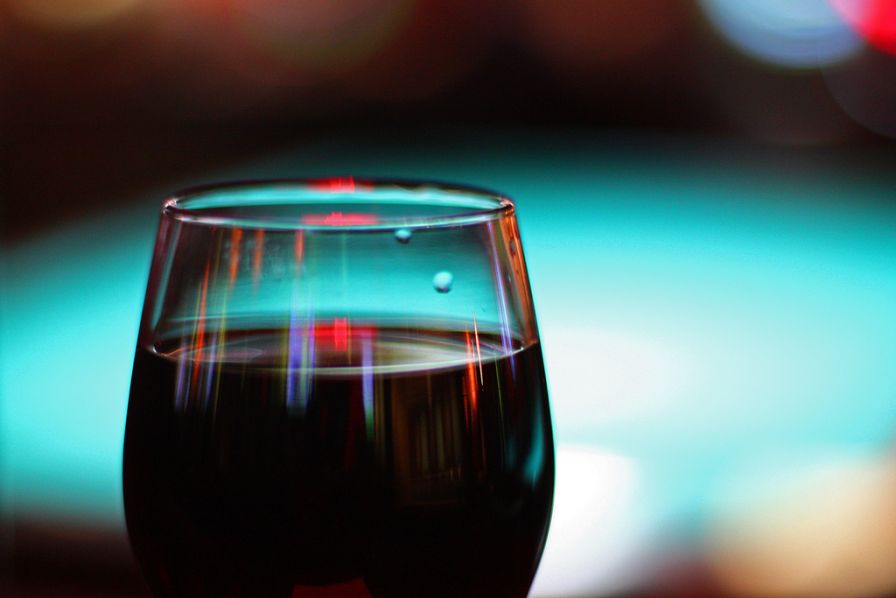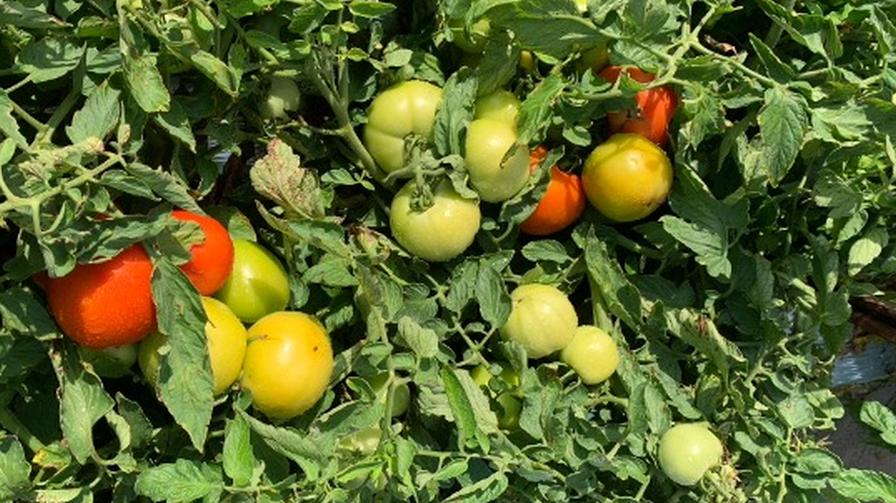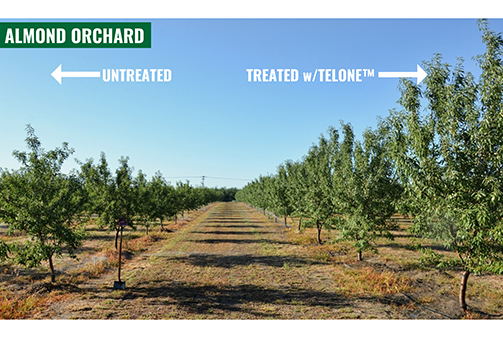Your Chance To Speak On Behalf Of Safe Produce

Definite progress has been made since 2010 when the Alliance for Food and Farming launched its Safe Fruits and Veggies initiative to promote consumption of all fruits and vegetables by providing credible science-based information to ease common fears about pesticide residues. Unfortunately, the same group who calls some of the healthiest foods in the world “dirty” is now warning consumers that some fruits and vegetables are like “junk food” and should only be eaten in moderation.
As part of its efforts to defend hard-working fruit and vegetable farmers and to end misconceptions that can spread widely throughout the media and Internet, the Alliance for Food and Farming is putting together a team of individuals from within the produce industry to represent each of the 12 items that frequently appear on the Environmental Working Group’s (EWG) so-called “Dirty Dozen” list. The volunteers will be asked to work with the Alliance staff to speak out on behalf of the health and safety of all produce, whether conventional or organically-grown.
“Through the Alliance’s Safe Fruits and Veggies initiative, the produce industry has had some real success in encouraging more balanced media reporting on the issue of pesticide residues,” said Matt McInerney, executive vice president of Western Growers and chairman of the Alliance for Food and Farming Board. “But we cannot stop now. We need the entire produce industry’s help to put an end to the increasingly misleading claims from activist groups like the EWG.”
“This latest attack, which compares fruits and vegetables to junk food and urges caution when it comes to eating them cannot be tolerated,” added Bryan Silbermann, president and CEO of the Produce Marketing Association and a member of the Alliance Board. “Not only is it insulting to our farmers, but it is detrimental to public health. A recent study called ‘Scared Fat’ shows that, after hearing EWG’s negative messaging, nearly 10% of low-income consumers said they would eat less produce because they cannot afford organic. If ever there was a need for the produce industry to ‘take back our brand,’ it’s now. I encourage anyone interested in assisting the Alliance with this very worthwhile effort to become a champion and speak out about these safe and healthy products.”
Marilyn Dolan, executive director of the Alliance for Food and Farming, explains the Alliance staff has been working through both traditional and social media channels to provide science-based information to the media and consumers. A website at www.safefruitsandveggies.com is the primary vehicle for communicating information. The Alliance also has a Facebook page at www.facebook.com/safefruitsandveggies and a Twitter account at https://twitter.com/#!/SafeProduce. The group also frequently comments on online articles and reaches out to reporters, dietitians, bloggers, and other opinion leaders.
“For the first time ever, the produce industry is challenging media to consider the facts on this issue and, as a result, we have seen a marked decline in coverage of the EWG’s “Dirty Dozen” list in traditional media channels,” said Dolan. “We have also seen the EWG change their messaging in response to our challenges. In fact, the EWG has admitted publicly its ‘Dirty Dozen’ list is not based on risk and that both conventional and organically-grown produce is safe to eat. They have even recently released a report called ‘Good Food on a Tight Budget’ which goes so far as to recommend people eat more of the produce items that regularly appear on their own ‘dirty list.’”
Ideal candidates to serve as “Dirty Dozen” champions include farmers or employees of produce marketing firms, commodity groups, or associations who are already engaging in social media or outreaching to reporters or health professionals on the issue of health and safety of fruits and vegetables. The Alliance will assist champions in learning how to incorporate credible information about pesticide residues into their existing communications strategies.
Anyone in the produce industry interested in becoming a champion for fruits and vegetables on the “Dirty Dozen” list should contact the Alliance for Food and Farming by calling 831-786-1666 or via e-mail at [email protected].








